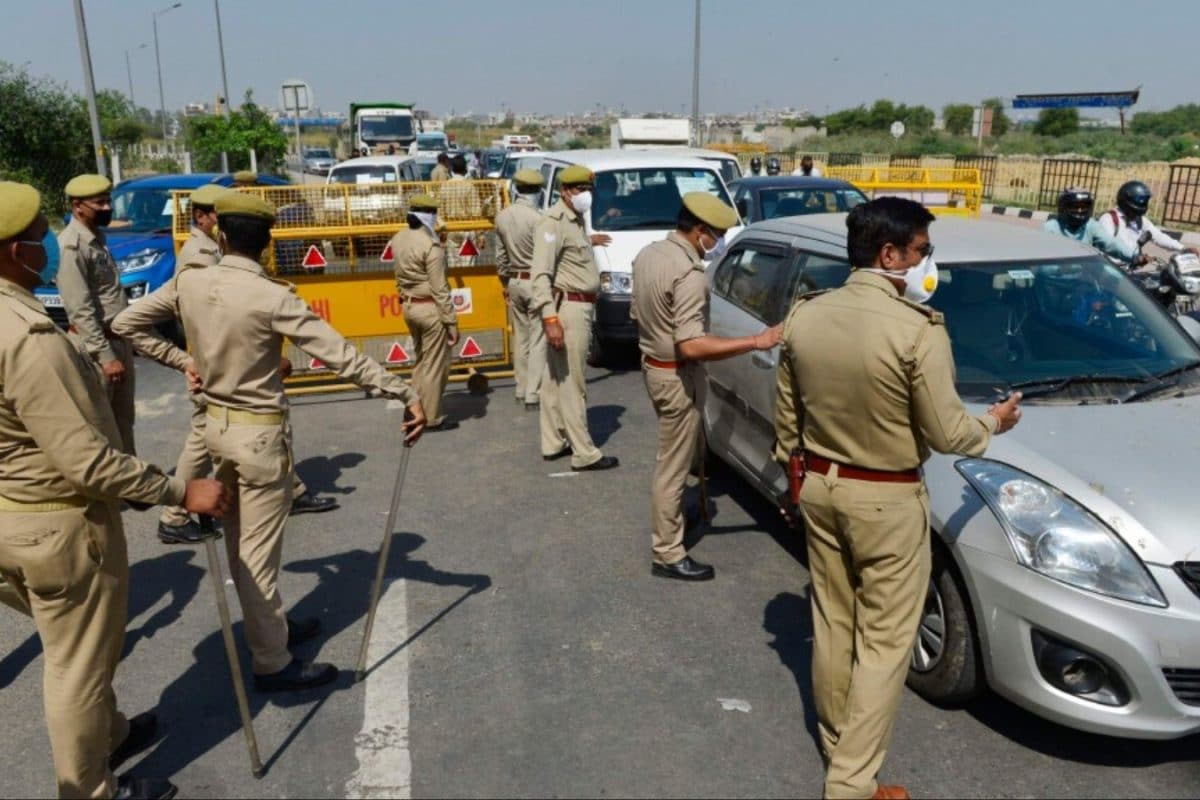

The Ministry of Road Transport and Highways has proposed a substantial increase in vehicle fitness testing and certificate renewal fees, particularly targeting older vehicles. This move, announced in September 2025, aims to reduce pollution and enhance road safety by discouraging the use of older, potentially less roadworthy vehicles.
Details of the Proposed Fee Hike
The proposed rules outline a significant increase in fees for vehicles aged 15-20 years, with even steeper hikes for vehicles over 20 years old. While specific figures may vary, owners of vehicles older than 20 years could face double the current testing fees. For instance, commercial motorcycles may be required to pay ₹1,000 for vehicles 8-15 years old and ₹2,000 for those older than 15 years. Similarly, fitness tests for three-wheelers and heavy vehicles could see fees between ₹7,000 and ₹25,000.
Rationale Behind the Proposal
The government's decision is motivated by several factors:
Implementation and Automated Testing
To ensure accurate and transparent assessments, the government is promoting the use of automated testing centers. These centers use mechanical equipment to conduct tests with minimal human intervention, reducing the potential for corruption and ensuring factual reports. The transition to mandatory fitness testing via Automated Testing Stations (ATS) is being implemented in a phased manner.
Concerns and Opposition
The proposed fee hike has faced opposition from transporters and vehicle owners, who argue that it will create an excessive financial burden, disrupt supply chains, and negatively impact the economy. The All India Motor Transport Congress (AIMTC) has criticized the move, stating that transporters are already struggling with rising operational costs. They also fear that increased fees and frequent fitness tests could lead to corruption and harassment.
Current Fitness Certificate Procedure
The current process for obtaining a vehicle fitness certificate involves:
Driving without a valid fitness certificate can result in fines ranging from ₹2,000 to ₹5,000 for the first offense, and ₹5,000 to ₹10,000 for subsequent offenses, potentially leading to imprisonment for repeated violations.
Feedback and Future Outlook
The government has provided a 30-day window for stakeholders to share their feedback on the proposed changes. It remains to be seen whether the concerns raised by transporters and vehicle owners will lead to any modifications in the final rules. However, the government seems determined to proceed with its plan to promote cleaner and safer vehicles on Indian roads.